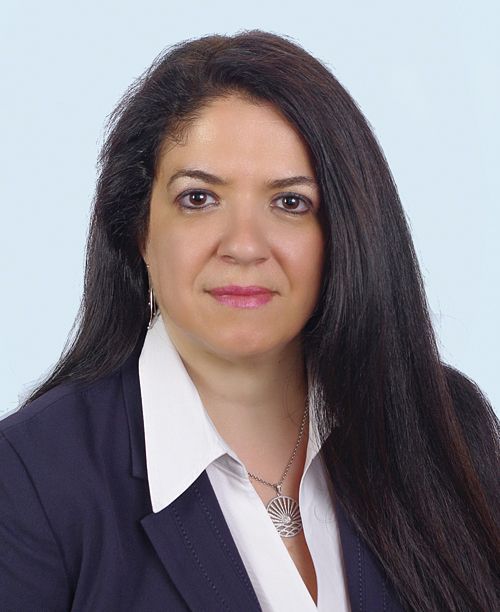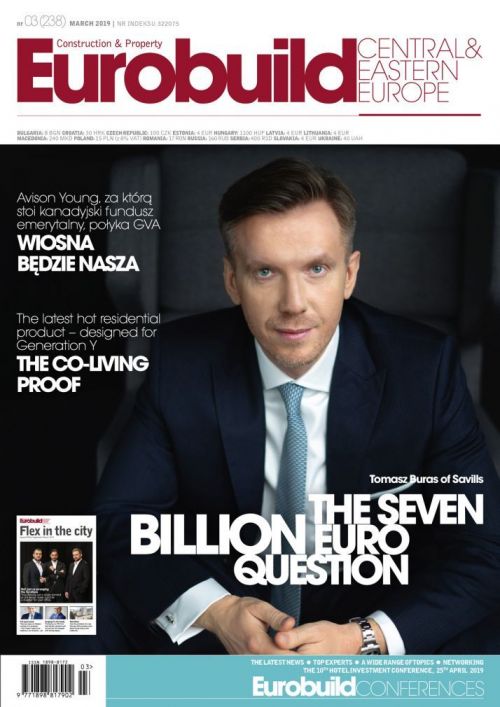Lila Pateraki, chief investment officer, Zeus Capital Management: We are an international privately held investment management company, specialising in real estate investment. Zeus is a niche market player with operations both in the US and in the CEE and SEE regions. We are a fully integrated organisation that’s been sourcing and acquiring investments for our investors since 2007, actively managing the assets from acquisition to exit.
Looking at your portfolio, what strikes me is how dispersed your portfolio is, both geographically and across two asset classes: residential and office. You are a Cyprus-based company, but not only do you have properties in the SEE region, in Romania and Bulgaria, you also own residential assets in New York. And now you’ve added the CEE region to your locations.
Currently our investment port-folio includes commercial and residential properties. However, we are also examining opportunities across all types of real estate assets. We started out in 20





























































